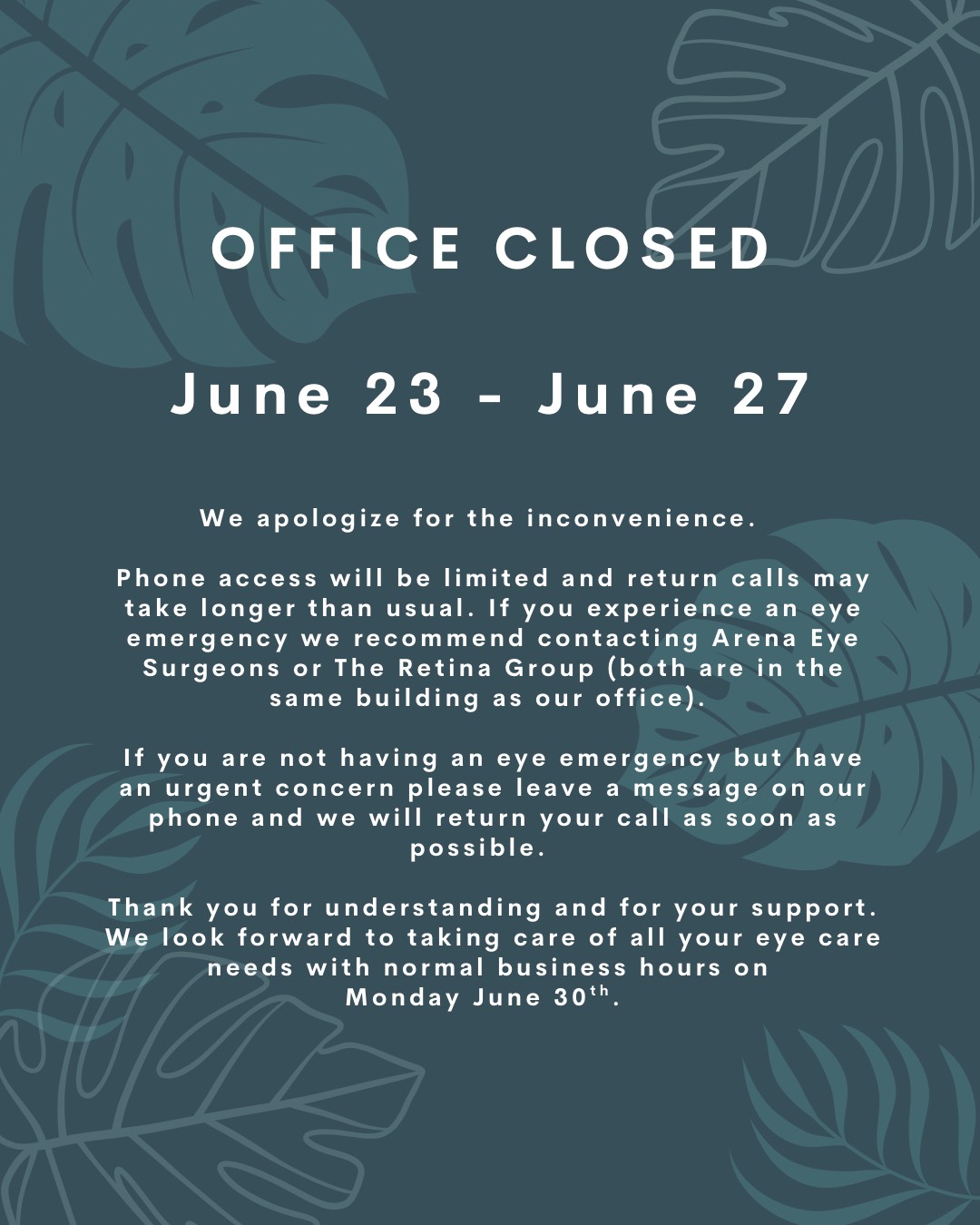
Our eyes are often called the "windows to the soul," but they also serve as revealing mirrors to our overall health. The intricate connection between our eyes and our body's well-being goes beyond just clear vision. In this blog post, we'll explore the fascinating ways in which our eyes provide insights into our overall health and how taking care of our body can positively impact our vision.
1. Nutritional Nourishment for Bright Eyes:
Our eyes require a variety of nutrients to function optimally. Nutrients like omega-3 fatty acids, vitamin A, vitamin C, and zinc play key roles in maintaining eye health. A diet rich in fruits, vegetables, and foods containing these nutrients can support clear vision and protect against conditions like age-related macular degeneration and dry eyes.
2. Diabetes and Diabetic Retinopathy:
The eyes can offer early warnings of systemic conditions like diabetes. Diabetic retinopathy, a complication of diabetes, damages the blood vessels in the retina. Regular eye exams can catch signs of this condition in its early stages, allowing for prompt treatment and diabetes management.

3. Hypertension and the Eyes:
High blood pressure doesn't just affect the heart—it can impact the eyes too. Hypertensive retinopathy occurs when high blood pressure damages blood vessels in the retina, leading to vision changes. Detecting this condition can motivate individuals to manage their blood pressure and reduce their risk of eye-related complications.
4. Thyroid Health and Eye Appearance:
Thyroid disorders can cause changes in the eyes' appearance. Graves' disease, for instance, can lead to bulging eyes, known as exophthalmos. Thyroid dysfunction can also greatly increase the risk of ocular surface disease. Recognizing these changes can prompt individuals to seek medical attention and manage their thyroid condition effectively.
5. Digital Eye Strain and Modern Lifestyles:
Our eyes also reflect the demands of modern life. Prolonged screen time can result in digital eye strain, causing symptoms like dry eyes, headaches, and blurred vision. Practicing the 20-20-20 rule (looking at something 20 feet away for 20 seconds every 20 minutes) can help alleviate strain and maintain comfortable vision.
6. Cardiovascular Health and Eye Health:
The health of our cardiovascular system can impact the small blood vessels in our eyes. Conditions like hypertension and atherosclerosis can affect blood flow to the eyes, potentially leading to vision problems.
Our eyes are more than just tools for seeing the world—they are intricate indicators of our overall health. Regular eye exams play a crucial role in catching early signs of systemic conditions and maintaining optimal vision. Taking care of our body through proper nutrition, managing chronic conditions, and practicing healthy habits can have a positive impact on our eyes and well-being. Let's remember that our eyes not only reflect the world around us but also mirror our journey toward wellness. Has it been awhile since you've had an eye exam? Schedule today!











